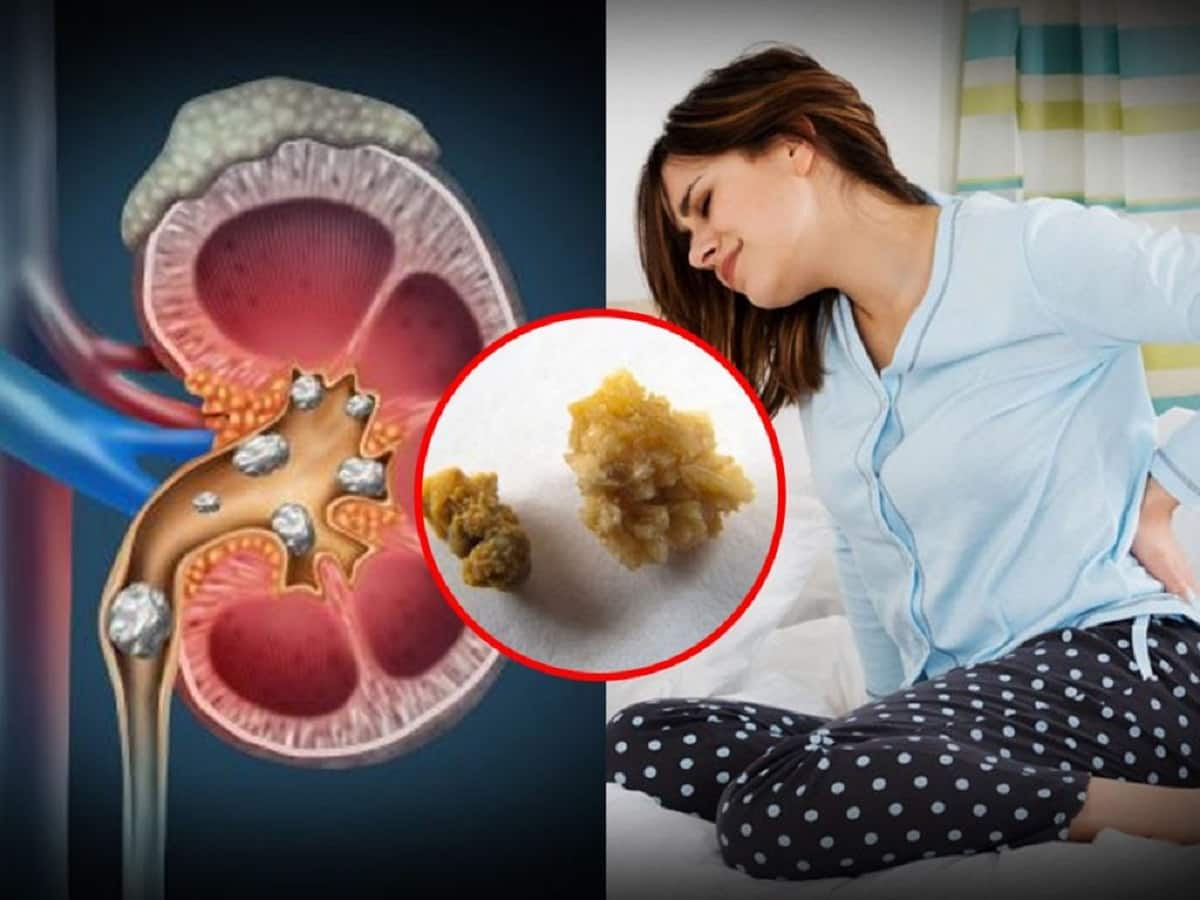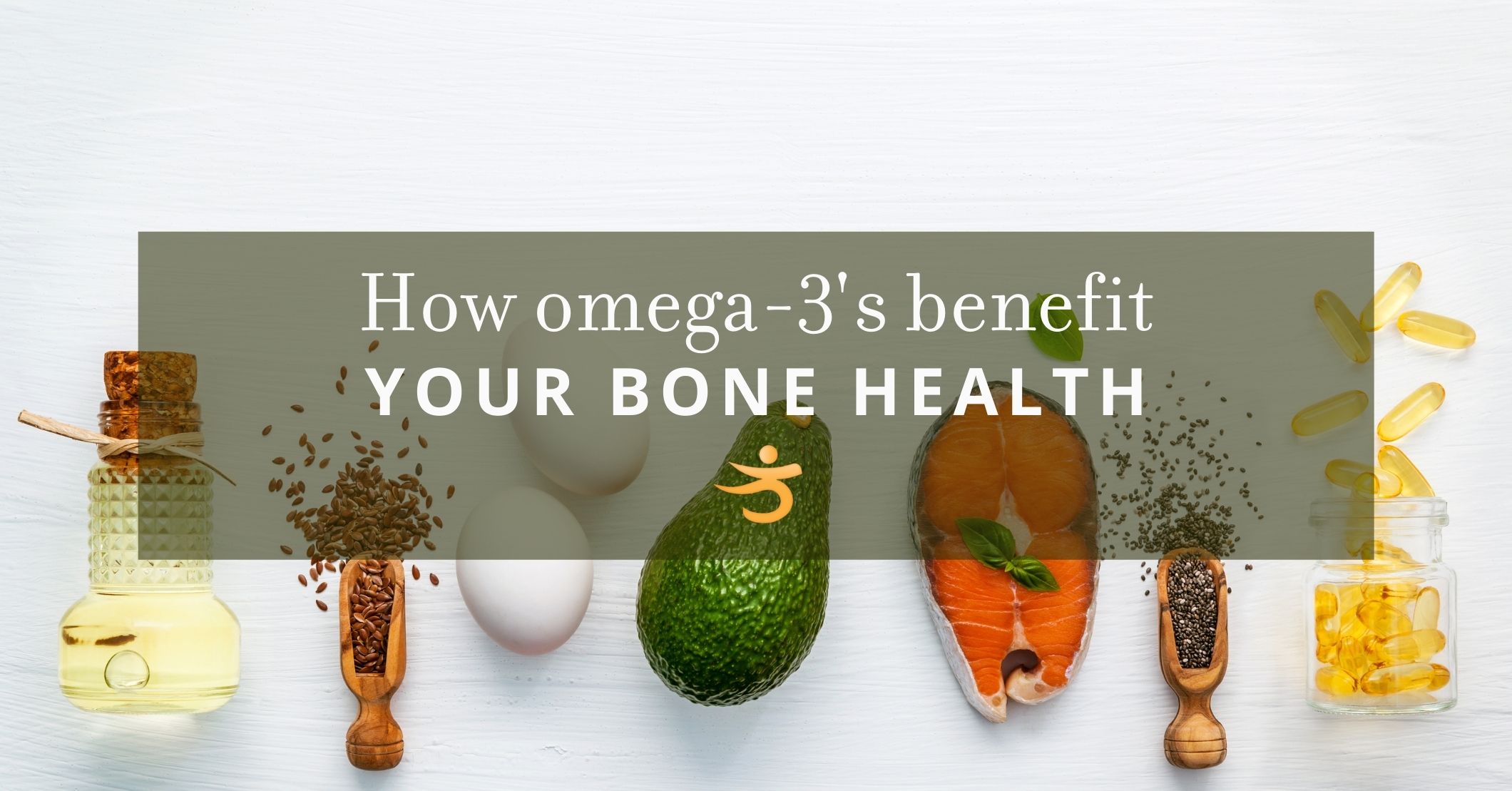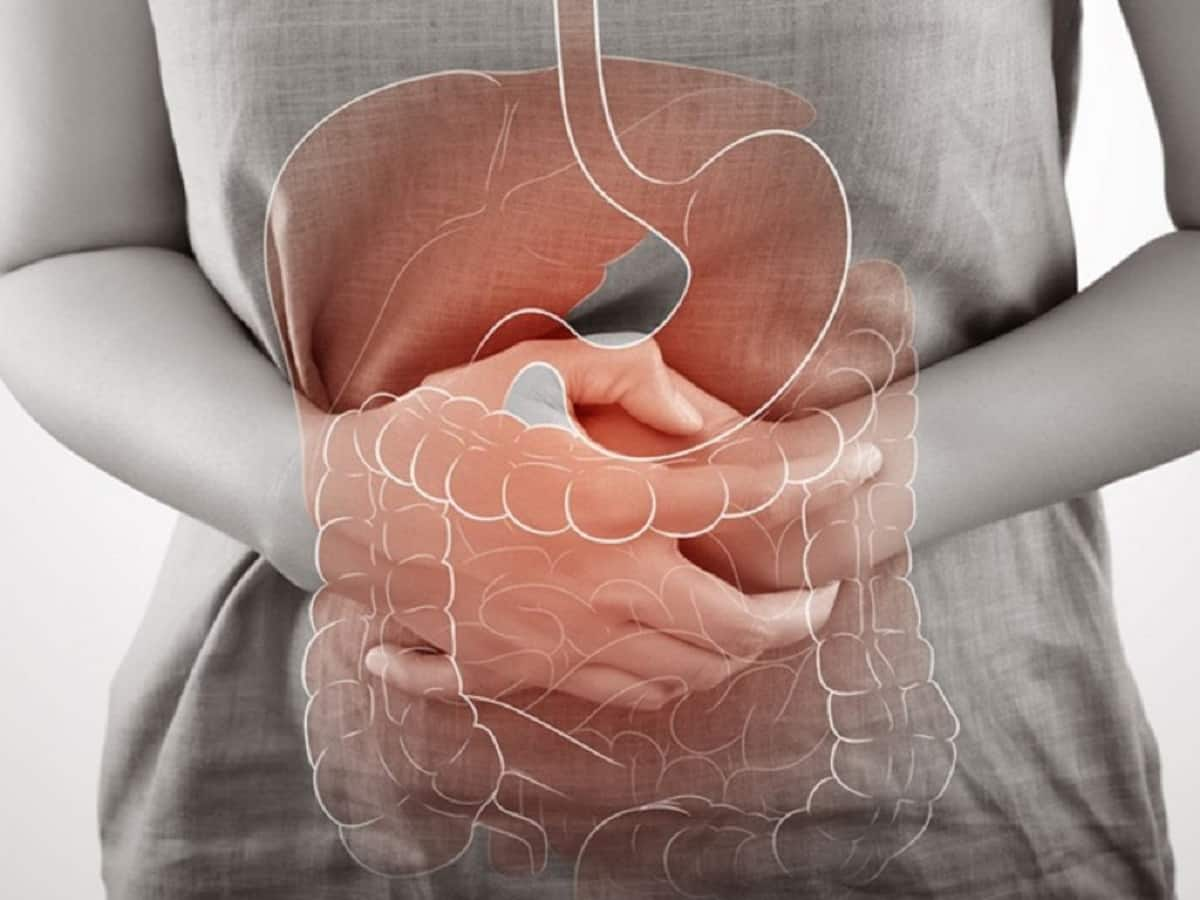 Nutritional management of kidney stones aims to keep existing stones from growing larger and new stones from developing.
Nutritional management of kidney stones aims to keep existing stones from growing larger and new stones from developing.
Kidney stone disease is widespread in India, with an expectancy of 12 percent in an overall population indicated to be prone to urinary stones.
Urolithiasis or nephrolithiasis refers to the formation of urinary calculi or kidney stone. This condition causes an incredible amount of pain in the abdomen and flanks. In developed countries, roughly 10-12 pr cent of the population is affected by kidney stones. Over the last few decades, drastic changes in diet and lifestyle have led to an increase in the severity of kidney stones disease (KDS) while the age of diagnosis has decreased. Men are twice as prone as women (6 per cent) to developing kidney stones. Also, it has been noticed that the first occurrence of stones typically appears between the age of 20 and 40. Around half of patients who have had kidney stones may develop another stone within 5 years. Today, as we celebrate National Nutrition Week, it is important to remember that this can be countered by following a proper nutrition.
KIDNEY STONES RAMPANT IN INDIA
In the Indian context, KSD is widespread, with an expectancy of 12 per cent in an overall population indicated to be prone to urinary stones. Out of this 12 per cent, 50 per cent are seriously impacted by renal damage, which often results in kidney loss. Since kidneys are vital life-sustaining organs, performing many functions to keep the blood clean and constantly maintaining the electrolytes and water content of the body, it is imperative to follow a proper nutrition-rich diet. Nutritional management of kidney stones aims to keep existing stones from growing larger and new stones from developing. While kidney stones are often treated with medication, changes in eating habits can mitigate the various complications.
NUTRITION CAN HELP REMOVE KIDNEY STONES
Here is a list of nutrition-rich items that can aid in removing kidney stones:
Drink plenty of liquids
Bypassing kidney stone can be extremely painful. Drinking plenty of fluids is the single most essential thing that individuals who suffer from kidney stone can act on to break down existing stones and avert future stones. As per a 2015 National Kidney Foundation meta-analysis, people who produced 2 to 2.5 litres of urine a day were 50 per cent less prone to developing kidney stones than those who produced less. Water is more effective than other fluids and it requires nearly 2 litres of water to enhance the function of the kidneys. Although untreated water has no nutrient benefit, it transports vital nutrients throughout the body. Other fluids which are beneficial include:
- Orange, pomegranate and fresh tomato juice have been proven to be effective in preventing stone formation as they are rich sources of citrate and magnesium.
- Lemonjuice can increase urine citrate and likely reduce kidney stone risk.
- Watermelon juice is diuretic and high in potassium salts, which aid in the regulation of urine acidity and the removal of small stones and crystals.
- Apple Cider Vinegar contains citric acid, which facilitates the dissolution of kidney stones by alkalizing the blood and urine, making it easier to flush out toxins in the kidney.
Increase your intake of calcium-rich foods
Since dietary calcium binds oxalate in the intestines, less is absorbed by kidneys and lower concentrations end up in urine. Yoghurt, lentils, seeds, soy products, and beans are all excellent sources of calcium-rich food. Kidney beans, for instance, have a positive impact on health when eaten as a substitute for meat or other high-cholesterol protein sources. Kidney beans resemble the shape of a kidney and the Vitamin B present in them, aids in the flushing out of kidney stone. Kidney beans are also a good source of fiber and contain a lot of minerals, which enable better urinary tract function.
Choose magnesium-rich vegetables and wholegrain foods
Leafy greens are super healthy, and many are loaded with magnesium, which boosts kidney function and helps to dissolve stones. Kale, spinach, collard greens, turnip greens, and mustard greens are among the vegetables high in magnesium. Magnesium reduces oxalate absorption, so people who consume more magnesium reduce their risk of developing kidney stones. A high-fiber diet and choosing whole-grain foods can also lower the risk of kidney stones growing bigger by reducing calcium absorption and oxalate absorption.
TAKEAWAY
Maintaining a nutritionally dense diet is beneficial for kidney function, but breaking certain habits is even more important. Here are some pointers to remember:
- If you are overweight or obese, make an effort to lose weight.
- Limit high purine foods.
- Reduce the amount of sugar and salt in your food and beverages.
- Limit your alcohol consumption.
- Avoid taking too many Vitamin C supplements.









